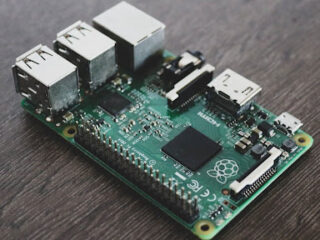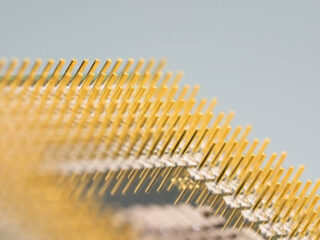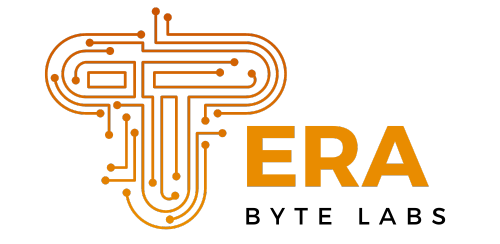Ever flicked a switch and marveled at the instant illumination? That’s electrical technology at work. It’s a field that’s woven into the fabric of our daily lives, powering everything from our homes to our handheld gadgets.
Electrical technology is a fascinating, ever-evolving discipline. It’s the backbone of modern civilization, driving innovations that continue to shape our world. But what exactly is it, and how does it impact us? Hang tight as we delve into the electrifying world of electrical technology.
What Is Electrical Technology

Electrical technology, in its core, involves applying the principles of electricity to develop, design, and maintain electrical systems and devices. It embraces numerous substrates, ranging from small microchips to massive power station generators. Electrical technology broadly comprises two facets:
- Direct Current (DC): This pertains to the unidirectional flow of electric charge. A prime example is the batteries of a portable electronic device such as a smartphone.
- Alternating Current (AC): This encompasses an electric charge that changes direction periodically. The electrical supply in your homes serves as a classic illustration.
In essence, electrical technology acts as a catalyst that transforms abstract science concepts into tangible applications, bridging the gap between electrical theory and practice.
Importance of Electrical Technology in Modern Life
With a firm grounding in the basics, let’s assess the significance of electrical technology in contemporary life. Its relevance is pervasive, from domestic settings to industrial environments:
- Daily Conveniences: Everyday household appliances like refrigerators, washing machines, and air conditioners, all operate based on electrical technology.
- Communication Systems: From telephones and satellites to the internet, many mediums of communication owe their success to developments in this field.
- Health Sector Advancements: The medical field has seen a surge in devices and treatment methods, such as MRI machines and radiology, courtesy of electrical technology.
- Industrial Progress: Automated machinery, energy-efficient systems, and technologically-advanced equipment play a pivotal role in modern industries, thanks to the leaps in this domain.
Understanding electrical technology helps appreciate its standing in shaping modern civilization. Knowledge of its basics offers insight into the functioning of common gadgets, while recognizing its importance underlines the countless ways it impacts life today. Armed with this knowledge, you’re better equipped to explore and understand the complexities of electrical technology.
The Difference between Electronics and Electrical Technology
The lines between electronics and electrical engineering often blur, leading to a common misconception that they’re identical fields. Essentially, electronic technology becomes a subset of the vast field of electrical technology. Electrical technology deals with larger systems like power generation and transmission, whereas electronics zeroes in on smaller systems like semiconductor devices – think about transistors found in your smartphones and computers. Case in point, your household refrigerator runs on electrical technology, but the tiny LED light inside it – that’s an example of electronic technology at work.
Electrical technology deals with larger systems like power generation and transmission, whereas electronics zeroes in on smaller systems like semiconductor devices – think about transistors found in your smartphones and computers. Case in point, your household refrigerator runs on electrical technology, but the tiny LED light inside it – that’s an example of electronic technology at work.
Recent Advances and Future Innovations
Upon reflection, electrical technology has seen unprecedented growth in the 21st century. Recently, advancements like smart grids, intelligent power distribution systems, and energy storage solutions bear testament to this. Examples such as Tesla’s Powerwall and Germany’s E.ON Drive Booster highlight this trend.
Predicting future outcomes accurately proves challenging, but considering technological trends and historical progress allows extrapolation of reasonable assumptions. For instance, nanotechnology’s emergence could significantly impact electrical technology, optimizing components at an atomic scale. Also, it’s reasonable to anticipate further development in wireless charging technology, considering the strides achieved by companies like WiTricity and Energous.
The Impact of Renewable Energy on Electrical Technology
Moreover, the rise of the renewable energy sector influences the trajectory of electrical technology. Decreasing reliance on fossil fuels and shifting towards eco-friendly alternatives like solar, wind, and hydroelectric power necessitates innovation in energy generation, transmission, and storage. For instance, smart grids that accommodate fluctuating renewable energy sources reflect this impact. Additionally, energy storage technology becomes crucial in harnessing renewable energy effectively. Consequently, expect advancements, particularly in battery technology where improvements in energy density, charging time, longevity, and environmentally friendly disposal are paramount.
Gaining a grasp of the promising future landscape can add value in various professional fields tied to electrical technology. It also reinforces the importance of this discipline in the broader technological outlook. Remember, electricity isn’t just about power generation and lighting; it’s about shaping a more sustainable, interconnected, and innovative future.



